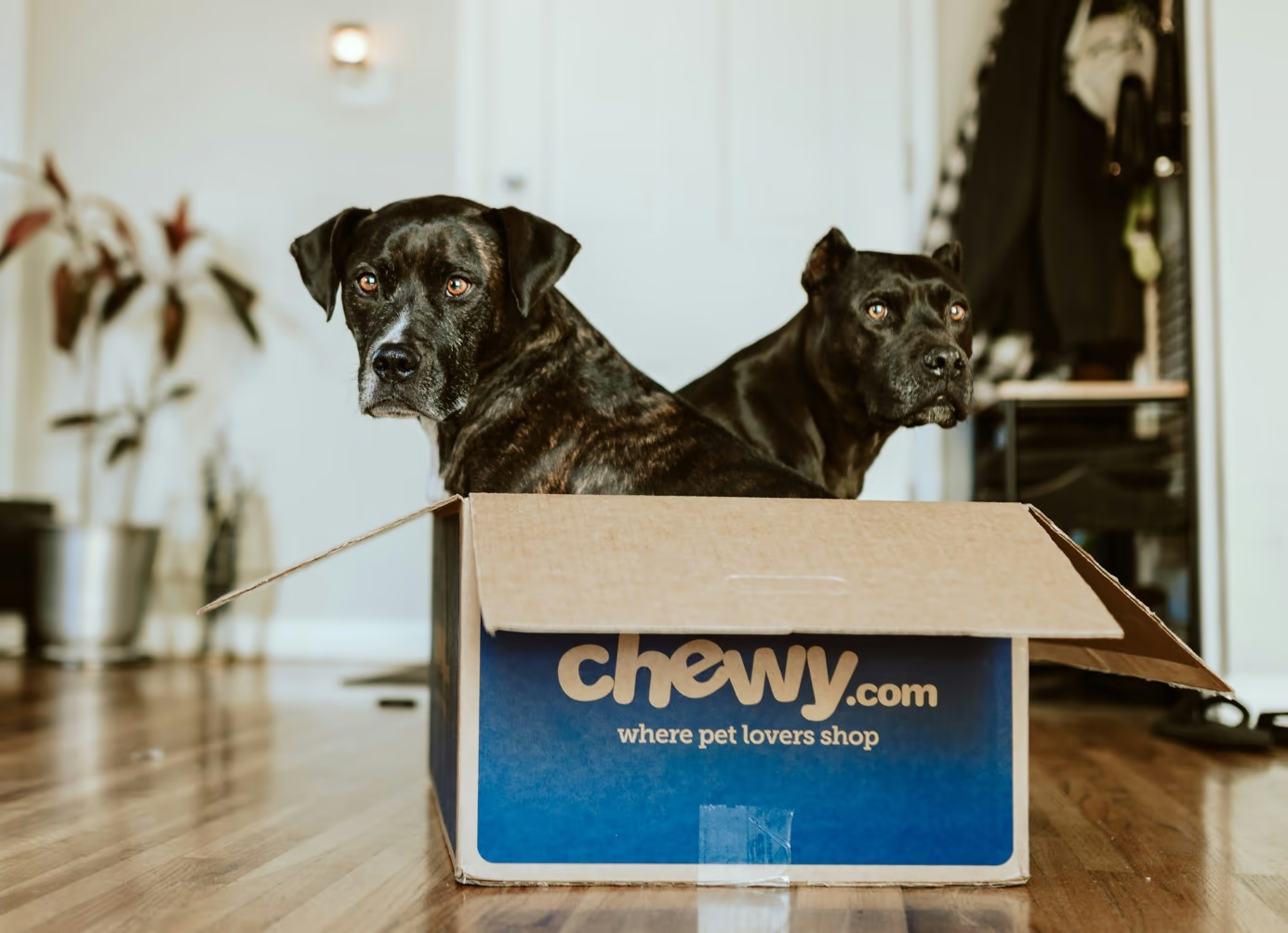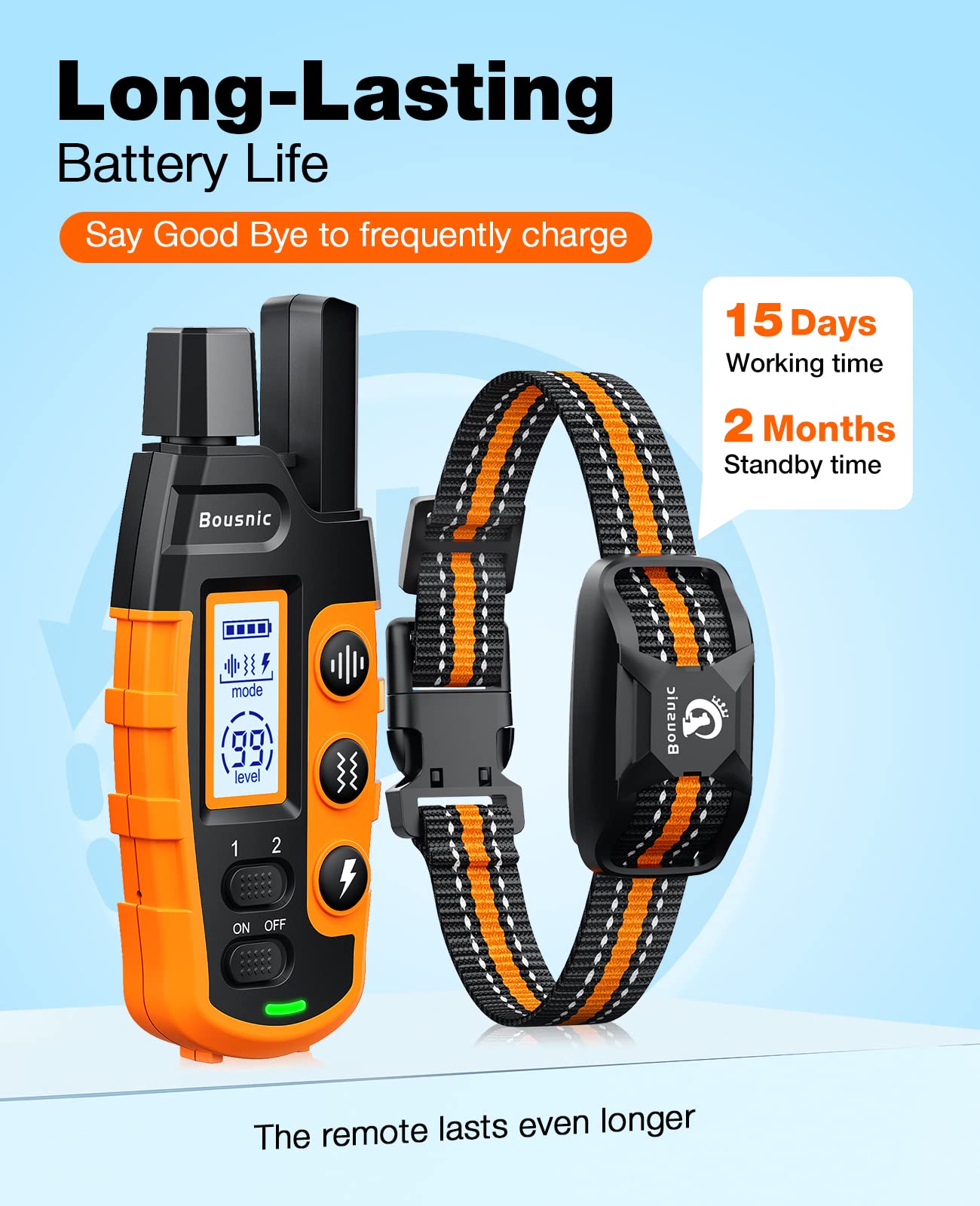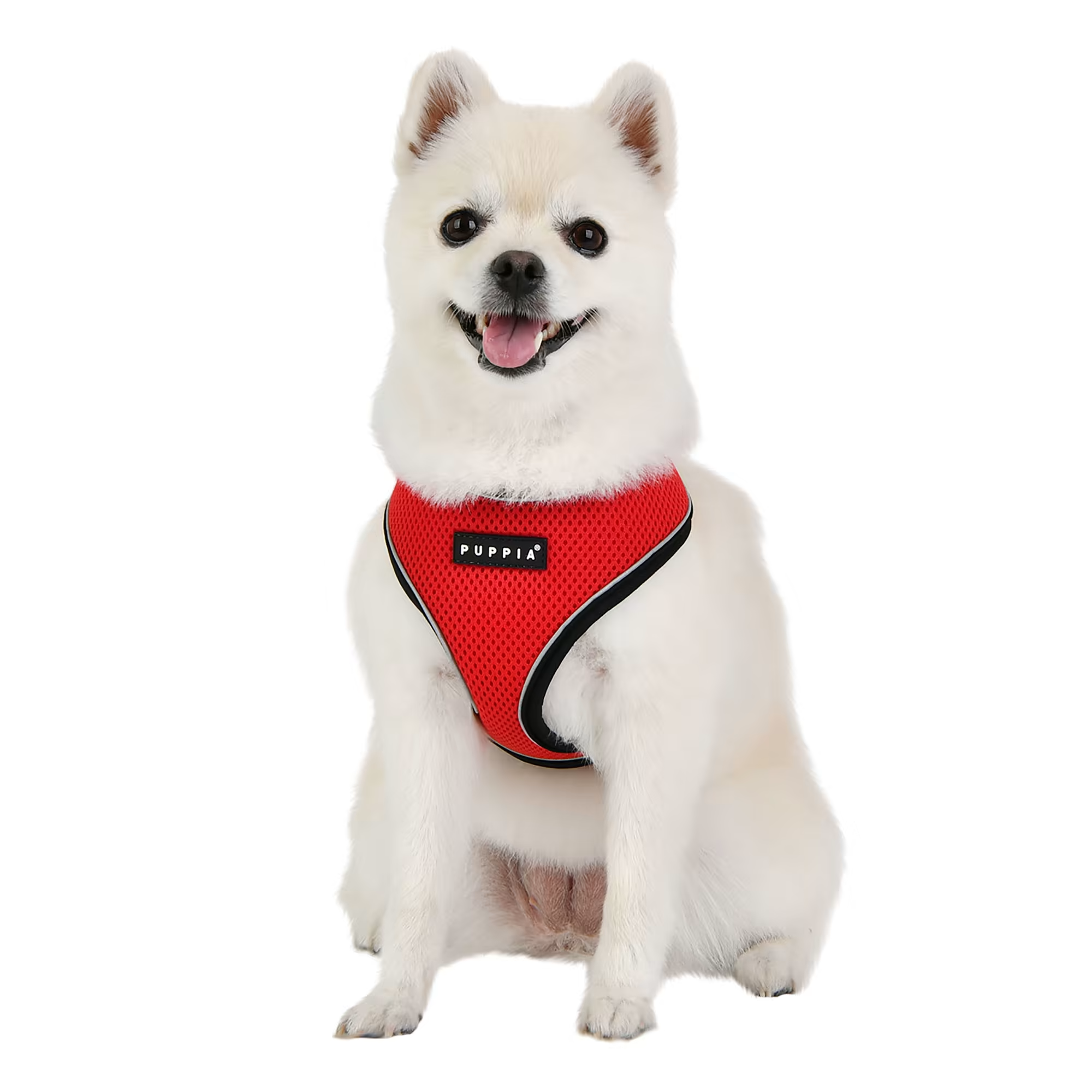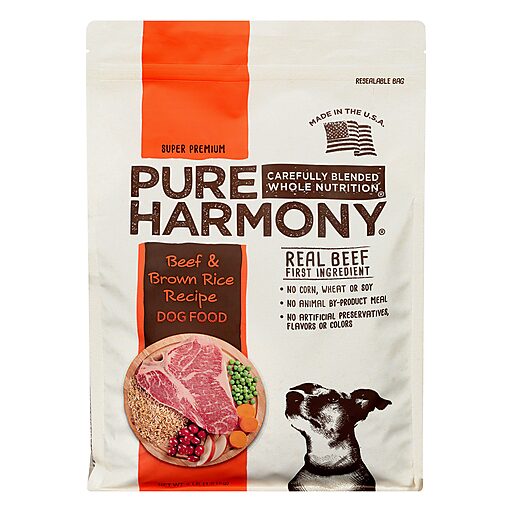In today’s globalized world, the pet industry has expanded beyond borders, reaching a diverse range of consumers who speak various languages. This shift presents unique challenges and opportunities for manufacturers and retailers of pet products. Accurate labeling of pet products in multiple languages is essential not only for regulatory compliance but also for building trust and ensuring safety among pet owners. This article explores the significance of accurate pet product labels in a multilingual market and the potential consequences of neglecting this critical aspect.
Understanding the Multilingual Market
The pet market has grown significantly over the past decade, with pet ownership rising across different cultures. According to the American Pet Products Association, approximately 67% of U.S. households own a pet, and this trend is mirrored in many countries worldwide. As pet products are marketed globally, businesses must cater to a multilingual customer base. This includes providing accurate translations of product labels to meet the needs of consumers who may not speak the primary language of the product’s country of origin.
Regulatory Compliance
One of the most pressing reasons for ensuring accurate pet product labels is regulatory compliance. Many countries have strict laws regarding labeling requirements for pet food, toys, and other related products. In the United States, the Food and Drug Administration (FDA) and the Association of American Feed Control Officials (AAFCO) provide guidelines for labeling pet food, which include specific requirements for ingredient lists, nutritional information, and feeding guidelines.
When pet products are sold in foreign markets, companies must adhere to local regulations that may differ significantly from their home country. Failure to provide accurate labels in the appropriate languages can lead to legal ramifications, including fines, product recalls, and even the banning of products from the market. For example, the European Union has stringent labeling laws that require clear and comprehensible information in the language of the country where the product is sold.
Building Consumer Trust
Accurate labeling is crucial for building trust with consumers. Pet owners rely on product labels to make informed decisions about the health and safety of their pets. Misleading or inaccurate information can have dire consequences, including health risks to pets. For instance, if a product label does not clearly state the presence of allergens or harmful ingredients due to poor translation, pet owners may unknowingly expose their pets to dangerous substances.
Furthermore, pet owners want to know that the products they are purchasing are safe and appropriate for their pets. Clear and accurate labels instill confidence in consumers, leading to repeat purchases and brand loyalty. Companies that prioritize accurate translations and labeling demonstrate a commitment to quality and consumer safety, which can set them apart in a competitive market.
Enhancing Product Understanding
In a multilingual market, product labels must not only be translated but also localized. Localization involves adapting content to meet the cultural and linguistic needs of a specific audience. This includes considering regional dialects, idiomatic expressions, and cultural nuances that can affect how product information is perceived.
For example, a pet food brand marketing its products in Canada must ensure that labels are not only translated into French and English but also resonate with Canadian consumers. This means considering regional preferences for ingredients, dietary needs, and even local pet trends. Accurate and culturally relevant labels help pet owners understand the benefits of a product and how it fits into their pet care routine.
Avoiding Potential Liability
Inaccurate product labeling can expose companies to liability issues. If a pet suffers an adverse reaction due to misleading or poorly translated labels, the manufacturer may face lawsuits or significant financial losses. This liability extends beyond just the immediate financial implications; it can also damage a brand’s reputation and erode consumer trust.
In the age of social media, negative reviews and bad publicity can spread rapidly, affecting a company’s sales and market standing. Therefore, investing in high-quality translation and localization services is not just a regulatory requirement but also a crucial business strategy to protect against potential risks.
Leveraging Translation Services
Given the complexities of labeling products for a multilingual market, partnering with professional translation services is essential. These services specialize in accurately translating product information while considering legal requirements and cultural contexts. For businesses based in Canada, Translation services in Calgary can provide tailored solutions to ensure that product labels meet both domestic and international standards.
By collaborating with professional translators, companies can ensure that their labels are not only linguistically accurate but also culturally appropriate. This investment can enhance a brand’s credibility and foster trust among pet owners, ultimately leading to greater market success.
Conclusion
As the pet industry continues to expand globally, the importance of accurate product labeling in a multilingual market cannot be overstated. Companies must prioritize compliance with regulatory requirements, build consumer trust, enhance understanding, and avoid potential liabilities through precise translations and localization. By doing so, they can effectively communicate the value of their products to diverse audiences, ensuring the health and safety of pets while fostering a loyal customer base. In an increasingly competitive marketplace, accurate pet product labels are not just a legal obligation; they are a vital component of successful pet product marketing.












